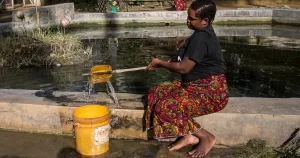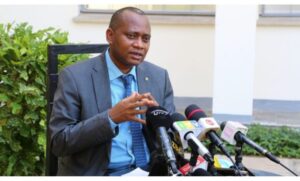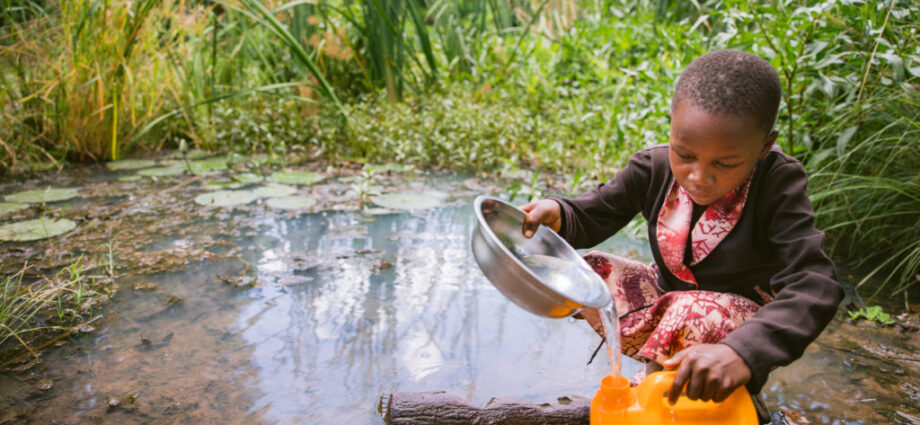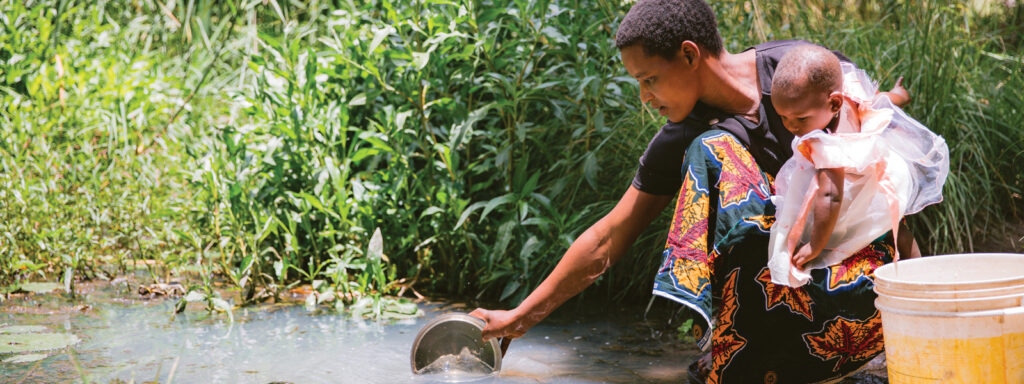VICE-PRESIDENT Dr Philip Mpango has directed Regional Commissioners to supervise the countrywide campaign of planting water friendly trees along water sources, while ordering people who have built houses on mountainous sources of water to immediately vacate in order to protect the areas.
Similarly, the VP ordered the Ministry of Finance and Planning and Energy Ministry to meet and come up with a plan which will see the cost of natural gas for domestic use is lowered, to control escalating charcoal use.
The directives come as Tanzania, like the rest of the world, is grappling with impacts of climate change and man-made activities, which have heavily drained water along water sources like Ruvu River.
Dr Mpango issued the directives while launching the tree planning campaign in Mbeya Region, yesterday, indicating that the individuals who voluntarily vacate will be allocated land elsewhere, to construct their houses, calling for the change in behavior among the people.
“This is a very serious issue which needs not to be taken very lightly or else, there will be very serious repercussions. In this case, the need for concrete measures in the protection of water sources is critical,” said Dr Mpango.
According to him, the goal is to plant 2.5 million trees along all the nine river basins in the country, calling upon the Tanzania Forest Services (TFS) to supervise the campaign to ensure the trees, which will be planted are friendly in preserving water.
In line to this he submitted that a status report on the course should be presented in ensuring the trees sustainability.
In a related development, he called upon ruling CCM, government leaders and experts to collaborate in protecting all identified water sources including fencing the areas.
Considering the fact that the country’s water bodies share borders with neighboring countries, he directed the Foreign Affairs and East African Cooperation Ministry to collaborate with them in the management and protection of the water sources for the interest of the country.
Similarly, he said implementation of strategic water projects in areas not endowed with natural water bodies should include construction of dams to support agriculture, energy and livestock keeping activities.
“In case of any challenges which relate to the interference of the law, bring the recommendations so they can be deliberated upon,” he noted.

Based on this, the VP said security and defence committees should ensure all those who have blocked rivers flowing to water at Ihefu catchment area quit before they are brought to book.
He, however, maintained that respective authorities should appropriately manage the issues of charcoal permits and tree harvesting, citing that alternative renewable energy should be sought for their control.
“If the issue is price, we cannot prevent people from using charcoal, while the price of gas is high,” maintained the VP.
The Minister for Water, Mr Jumaa Aweso, highlighted that the ministry manages 126 billion cubic metres of water with 121 billion cubic metres of water accessed underground and 105 billion cubic metres above the ground.
“In 1961 the country had only 10 million whereby each person could consume up to 12,250 cubic metres of water, but the population has grown to over 61.7 million people and the amount is only 2,200 cubic metres,” said Mr Aweso
He noted that current water demand relative to the population has increased but the resource was remained the same.
The minister said after a thorough scrutiny in various areas discovered farming activities, water diversion and mineral extraction being carried out along the sources, something which leads to acute water shortage.
“Great Ruaha water is dried up, if concerted measures are not taken, the country will be enduring suffering every November due to climate change. Dar es Salaam and Coastal Region have experienced the effects of climate change. The two regions are heavily depends on waters from Ruvu River by 92 per cent,” he said stressing upon behavior change among the people.
The Minister of State in the Vice-President’s Office (Union and Environment), Mr Selemani Jafo applauded RCs for effectively supervising the sub-agenda of ensuring each student plants trees with the goal of 14.6 million trees.
“The agenda of managing water sources and all other key areas is critical. Without a good environment, there is no water, grazing area, food. We have every reason to protect our environment,” said the minister.
The Tanzania Water Crisis: Facts, Progress, and How to Help
The Tanzania water crisis is not a new phenomenon. See an article written in 2019 by the global charity lifewater.org The Tanzania Water Crisis: Facts, Progress, and How to Help
Source: allafrica.com
Share this news
This Year’s Most Read News Stories

MGAO WA MAJI WAWATESA WAZANZIBARI
Wananchi wengi hasa katika maeneo ya Mjini Unguja, wanalalamikia ukosefu wa maji safi na salama huku Mamlaka ya Maji Zanzibar ikikabiliwa na changamoto ya ukosefu wa ujuzi na wataalam katika masuala ya uandisi wa Maji na fani nyengine.Continue Reading

Dissecting the role of the insurance ombudsman in Tanzania
The basic purpose of an insurance plan is to provide financial security to you and your family in case of your misfortunes during the policy tenure.Continue Reading

Tanzania PS Wants Greater Public Awareness in Health Insurance
Dodoma — PERMANENT Secretary (PS) for Health Ministry, Prof Abel Makubi, said accomplishing universal health insurance requires greater awareness to members of the public before the programme kicks off on July 1, 2023.Continue Reading












